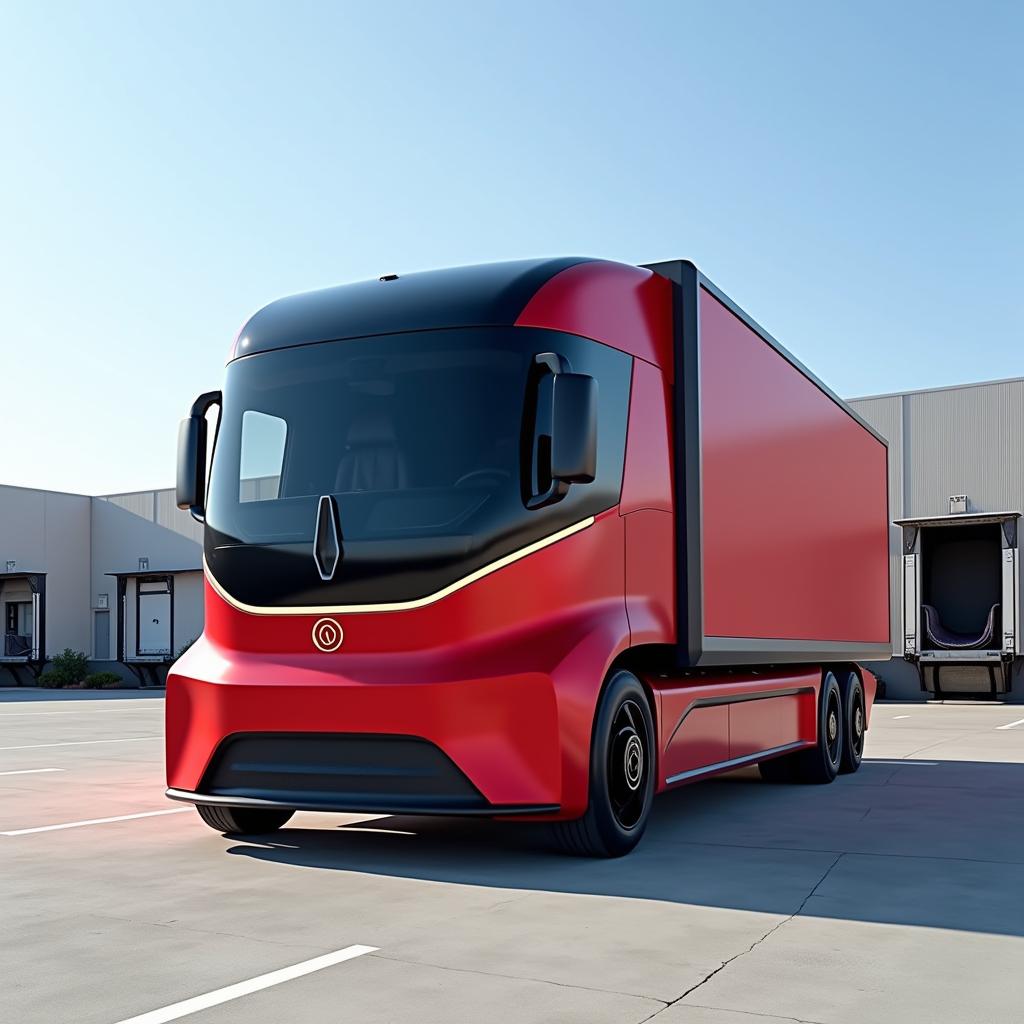Top Electric Trucks Revolutionizing Logistics
The transportation industry is witnessing a remarkable transformation as best electric trucks for logistics emerge as game-changers in the commercial vehicle sector. With increasing environmental concerns and stricter emissions regulations, companies are rapidly adopting electric vehicles to modernize their fleets and reduce their carbon footprint. This comprehensive guide explores the leading electric trucks reshaping the logistics landscape and their impact on the future of transportation.
The Rise of Electric Trucks in Commercial Transportation
The transition to electric vehicles in the logistics sector represents more than just an environmental choice – it’s becoming a strategic business decision. According to recent data from the Environmental Protection Agency, transportation accounts for nearly 29% of greenhouse gas emissions in the United States. Electric trucks offer a viable solution to this challenge while providing numerous operational benefits.
Commercial electric trucks are revolutionizing the industry through:
- Significantly reduced operating costs
- Lower maintenance requirements
- Enhanced driver comfort and safety features
- Improved brand image through sustainable practices
- Compliance with emerging environmental regulations
Leading Electric Truck Models Transforming the Industry
Tesla Semi
The Tesla Semi has captured significant attention since its announcement. This all-electric Class 8 truck boasts impressive specifications:
- Range options of 300-500 miles
- 0-60 mph acceleration in 20 seconds with a full load
- Energy consumption of less than 2 kWh per mile
- Advanced autopilot capabilities
Major companies like PepsiCo and Walmart have already placed substantial orders, demonstrating confidence in Tesla’s vision for electric trucking.
Freightliner eCascadia
Daimler’s Freightliner eCascadia represents a practical approach to electric logistics:
- Up to 250 miles of range
- 80% charge in approximately 90 minutes
- Up to 82,000 lbs gross combined weight
- Quiet operation for urban deliveries
Volvo VNR Electric
The Volvo VNR Electric exemplifies the manufacturer’s commitment to sustainable transportation:
- Operating range up to 275 miles
- Fast-charging capability of 80% in 60-90 minutes
- Advanced battery technology with extended life
- Comprehensive driver support systems
Operational Benefits and ROI Analysis
When considering electric trucks for logistics operations, the return on investment (ROI) becomes a crucial factor. Studies from the National Renewable Energy Laboratory indicate significant cost savings over traditional diesel trucks:
Financial Benefits:
- 60-70% reduction in fuel costs
- 40% lower maintenance expenses
- Potential tax incentives and grants
- Extended vehicle lifespan
Total Cost of Ownership Comparison
While the initial purchase price of electric trucks may be higher, the total cost of ownership (TCO) often proves more favorable:
- Reduced fuel expenses over vehicle lifetime
- Lower maintenance costs due to fewer moving parts
- Decreased downtime for repairs
- Higher resale value potential
Infrastructure and Charging Solutions
The success of electric trucks in logistics depends heavily on robust charging infrastructure:
Charging Options
- Level 2 AC charging for overnight refueling
- DC fast charging for rapid turnaround
- On-route charging stations
- Depot-based charging solutions
Smart Grid Integration
Modern charging infrastructure includes:
- Load management systems
- Real-time monitoring capabilities
- Predictive maintenance features
- Integration with renewable energy sources
Future Developments and Industry Trends
The electric truck industry continues to evolve rapidly:
Emerging Technologies:
- Solid-state batteries with higher energy density
- Wireless charging capabilities
- Advanced fleet management systems
- Autonomous driving features
Market Projections
Industry analysts predict:
- Exponential growth in electric truck adoption
- Expanded charging infrastructure networks
- Decreased battery costs
- Enhanced range capabilities
Implementation Strategies for Fleet Operators
Successfully integrating electric trucks requires careful planning:
Key Steps:
- Route analysis and optimization
- Charging infrastructure assessment
- Driver training programs
- Maintenance team preparation
- Phased implementation approach
Best Practices for Transition
- Start with pilot programs
- Monitor performance metrics
- Gather driver feedback
- Adjust implementation based on results
Conclusion
The revolution in electric trucks for logistics is well underway, offering unprecedented opportunities for businesses to reduce costs, improve efficiency, and contribute to environmental sustainability. As technology continues to advance and infrastructure expands, the transition to electric vehicles becomes increasingly practical and beneficial for logistics operations of all sizes.
Ready to revolutionize your logistics operations with electric trucks? Our team of experts can help you navigate the transition to an electric fleet, from vehicle selection to infrastructure planning. Contact us today at +1 206-337-4787 to discuss how we can help you achieve your sustainable transportation goals and position your business for the future of logistics.







